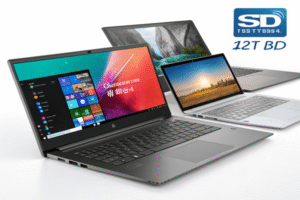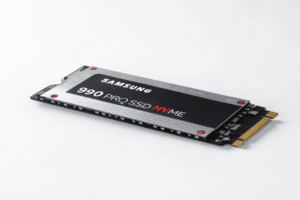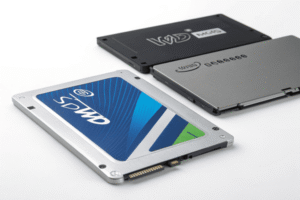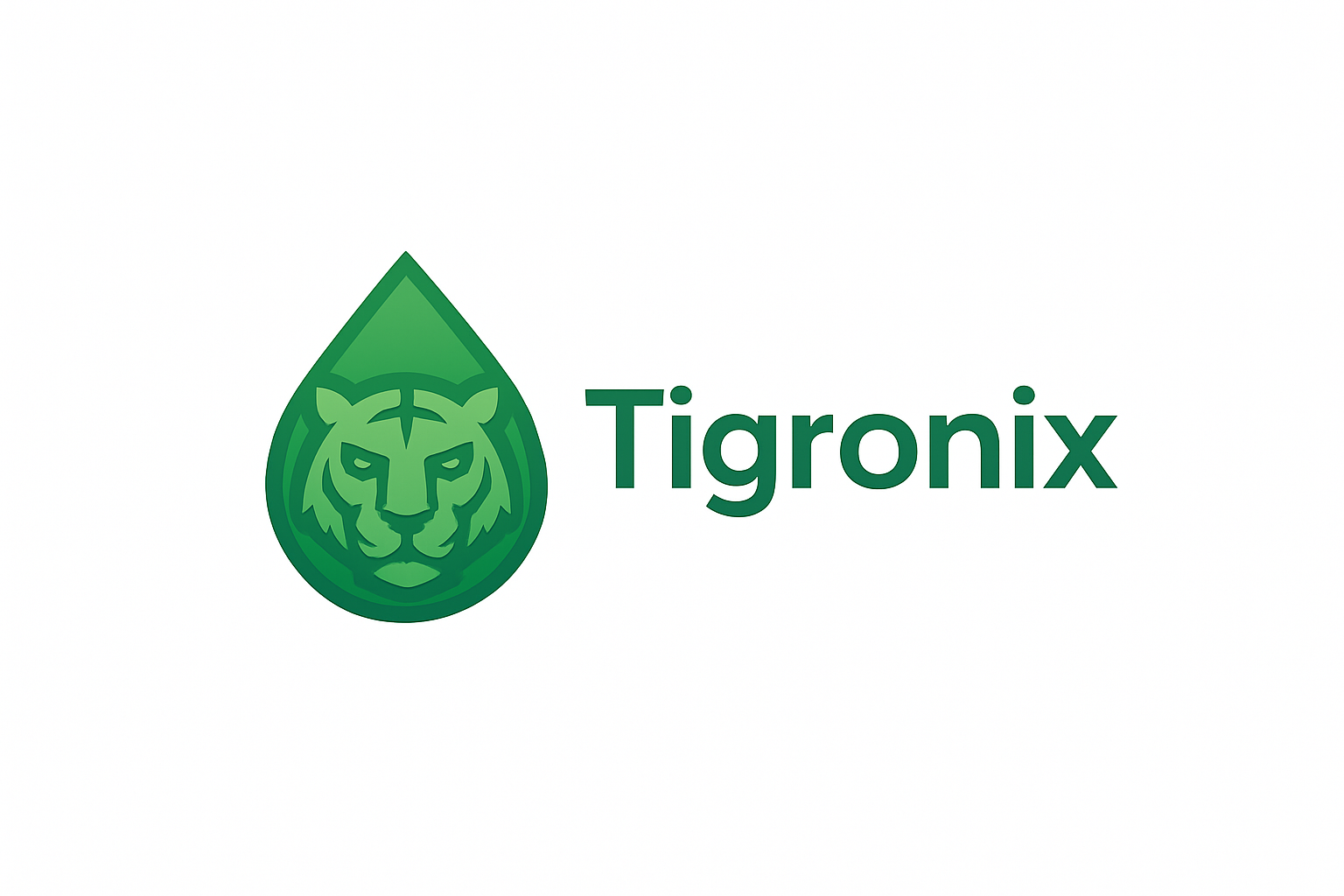The choice of a laptop with a 1TB SSD is now wider than ever. With so many models promising speed, battery life, and robust features, how do you know which one is a true winner?
The best 1TB SSD laptops of 2024 are the Apple MacBook Air (M4, 13" and 15"), Dell XPS 13 and XPS 14, Lenovo ThinkPad X1 Carbon (Gen 13 Aura), Asus Vivobook S 15 OLED Copilot+, Microsoft Surface Laptop 7, HP EliteBook Ultra G1i, and Asus ProArt PX13. They deliver excellent storage, speed, and overall value for a range of needs [2][3][4].

With the sheer number of choices, focusing on real-life performance, display, battery, and upgradability is essential. I’ll break down the top options and help you see which might be your best I’ll break down the top options and help you see which might be your best 1TB SSD laptop[^1] this year.
[^1]: Explore this link to discover top-rated 1TB SSD laptops that offer speed and storage for your needs.
this year.
Which model of SSD is best for a laptop?
With so many SSD models out there, finding the right one for a laptop can feel challenging. Is there a clear winner in 2024?
For most laptops, the Samsung 990 Pro and WD Black SN850X are now widely considered the leading M.2 NVMe SSDs for speed, reliability, and compatibility, both excelling in PCIe 4.0 environments [5][6][12][13][14].

Let’s dive deeper. If you’re upgrading or picking a new model, the best SSDs for laptops right now combine If you’re upgrading or picking a new model, the best SSDs for laptops[^1] right now combine high sequential read/write speeds, strong random performance, and solid endurance ratings
[^1]: Discover the top SSDs that offer exceptional performance and reliability for your laptop upgrade.
, strong random performance, and solid endurance ratings. The Samsung 990 Pro is praised for its outstanding PCIe 4.0 speeds (up to 7,450MB/s read) and reliable performance across scenarios. WD’s SN850X rivals it closely—both drives are found in premium laptops such as the XPS, ThinkPad, and high-end Asus models [5][12][14]. For creative professionals or those needing robust gaming support, these SSDs handle heavy workloads, video editing, and gaming installations with ease.
For maximum compatibility, ensure you choose M.2 2280 form factor SSDs, as almost all current laptops use this standard, typically with either PCIe 3.0 or PCIe 4.0 bus support. For budget or older upgrades, Crucial P3 and Teamgroup MP44 are still strong, offering good value at lower price points, but can’t match the raw top-end speed of Samsung or WD [5][14]. If SATA is your only option, Samsung’s 870 EVO remains the standout [5][13].
Here’s a quick summary table:
| SSD Model | Interface | Best for | Max Read/Write (MB/s) | Endurance | Key pro |
|---|---|---|---|---|---|
| Samsung 990 Pro | PCIe 4.0 | All-round, top speed | 7450/6900 | 2400 TBW | Speed, reliability |
| WD Black SN850X | PCIe 4.0 | Gaming, heavy users | 7300/6600 | 2400 TBW | Performance, SLC |
| Crucial P3 | PCIe 3.0 | Budget, upgrades | 3500/3000 | 440 TBW | Value, compatibility |
| Samsung 870 EVO | SATA | Legacy systems | 560/530 | 2400 TBW | Stability |
If you’re buying a new laptop, check if it comes with one of these SSDs pre-installed. Most of the flagships mentioned above do—this is one reason why their performance is so solid [3][5][12].
What brand of SSD is best?
Brand trust and warranty coverage are just as important as raw specs. What are the best SSD brands right now?
Top SSD brands are Samsung, Western Digital (WD), Seagate, and Crucial. Samsung and WD currently lead in terms of technology, warranty, and reliability, with Seagate also highly regarded for gaming and creative uses [8][10][13][14][15][17].

Here’s what matters: Samsung is consistently rated highest by review editors and power users for dependability and Here’s what matters: Samsung is consistently rated highest by review editors and power users for dependability[^1] and robust software
[^1]: Explore this link to understand why Samsung’s dependability stands out among competitors, ensuring you make an informed choice.
(“Magician”) [13][14][15]. Western Digital, especially with the Black SN850X and SN7100, provides high-performance options favored in gaming and creative workstations [12][14][17].
Seagate is respected for its enterprise-grade solutions and drives like the FireCuda, which are optimized for gaming and high-capacity needs. Crucial, as a Micron brand, regularly delivers strong value and dependable long-term performance—even if not always pushing the bleeding edge.
If you’re shopping for a budget or upgrade SSD, these four brands generally offer the best warranty and customer support, with good firmware/software update tools included [5][14][17]. Some second-tier brands (Kingston, Teamgroup, Lexar) also provide solid choices but aren’t as consistent in high-end benchmarks or long-term warranty support [9][17].
Table of brand strengths:
| Brand | Strengths | Typical Warranty | Flagship SSDs |
|---|---|---|---|
| Samsung | Speed, software, 5y warranty | 5 years | 990 Pro, 870 EVO |
| WD | Gaming, endurance, support | 5 years | SN850X, SN7100 |
| Seagate | Gaming, high TBW | 5 years | FireCuda 530, Game Drive |
| Crucial | Value, compatibility, support | 5 years | T500, P3, MX500 |
In top 2024 laptops, you’ll mostly see Samsung or WD on the spec sheet [2][3][4].
What is the fastest SSD type for laptops?
If absolute speed is what you want—for large file work, video, design, or gaming—If absolute speed is what you want—for large file work, video, design, or gaming—SSD interface and controller[^1] make the biggest difference
[^1]: Exploring how SSD controllers work will enhance your knowledge on maximizing speed and efficiency in data handling.
and controller make the biggest difference.
The fastest SSDs for laptops in 2024 are PCIe Gen 4.0 NVMe M.2 SSDs, notably the Samsung 990 Pro and WD Black SN850X, which provide top-end real-world and benchmark speeds—up to 7,400MB/s sequential read. PCIe Gen 5.0 SSDs exist but are mainly for desktops and workstations, due to heat and power demands [5][10][12][14][15][17].

Let’s go deeper. All current premium laptops—especially the best 1TB SSD models—use M.2 2280 NVMe PCIe 4.0 drives [12][14][15]. These provide dramatic performance leaps for Windows and Mac users alike. PCIe 3.0 SSDs are still good, but often limit speeds around 3,500MB/s. SATA SSDs, while still seen in some business and value models, top out at a much lower 550MB/s and are best for legacy system upgrades [15][17].
PCIe 5.0 SSDs now promise up to 14,000MB/s, yet are not practical for laptops due to high heat and larger physical footprints (required heatsinks)—most experts, including Tom’s Hardware and PCMag, recommend sticking with PCIe 4.0 for laptops [5][10][12][13][14]. The gains of PCIe 5.0 only appear in niche, multi-threaded or direct storage scenarios, and current games/apps don’t fully utilize this bandwidth [12][13].
If you’re looking for concrete models:
- Samsung 990 Pro (PCIe 4.0): 7,450MB/s read, 6,900MB/s write [5][10][12][14].
- WD Black SN850X (PCIe 4.0): 7,300MB/s read, 6,600MB/s write [5][10][12][14].
- Crucial T500: very close, and is often the best value non-Samsung/WD PCIe 4.0 SSD [13][14].
When buying a laptop, check if your chosen model can run its SSD at PCIe 4.0 speeds—not all budget models can. If upgrading, always check your slot’s generation and cooling options.
Top 8 Best 1TB SSD Laptops to Buy in 2024
Based on hands-on reviews and top-lists from PCMag, CNET, TechRadar, Tom’s Hardware, and PCWorld, these are the standout laptops featuring 1TB SSD options for 2024 [2][3][4]:
| Laptop Model | Notable Features | SSD Type | Best For |
|---|---|---|---|
| Apple MacBook Air (M4, 13/15) | Long battery, great build, M4 chip | NVMe PCIe 4.0 | Students, mobile professionals |
| Dell XPS 13 & 14 | OLED/IPS, sleek, long battery | NVMe PCIe 4.0 | Mainstream, creative, business |
| Lenovo ThinkPad X1 Carbon(G13) | OLED, top keyboard, very light | NVMe PCIe 4.0 | Business, travel, remote work |
| Asus Vivobook S 15 OLED Copilot+ | Stunning OLED, AI, good speakers | NVMe PCIe 4.0 | Content creators, visuals |
| Microsoft Surface Laptop 7 | Windows, superb battery, sleek | NVMe PCIe 4.0 | Windows purists, mobility |
| HP EliteBook Ultra G1i | 2.8K OLED, robust design | NVMe PCIe 4.0 | Corporate, productivity |
| Asus ProArt PX13 | 2-in-1, great screen & performance | NVMe PCIe 4.0 | Creators, artists, touch input |
| Dell Inspiron 14 Plus | Great value, premium OLED display | NVMe PCIe 4.0 | Students, home, value buyers |
For gamers seeking maximum power, look at MSI Raider 18 HX AI/Asus ROG Zephyrus, which include PCIe 4.0/5.0 SSDs and top GPUs.
Conclusion
Choosing a 1TB SSD laptop in 2024 means focusing on models with Samsung or WD PCIe 4.0 storage for top performance, with Apple, Dell, Lenovo, Asus, HP, and Microsoft among the best choices at every price point [2][3][4][5][10][13][14][15].
